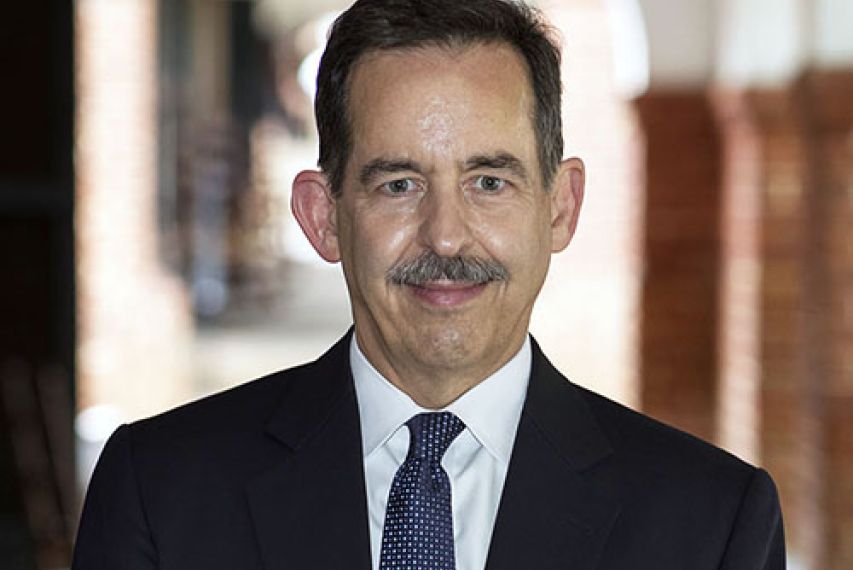Few elections have had more significant implications for the future of America’s engagement with the world, including in the field of higher education, than this year’s just-concluded ballot.
While raging questions about the proper response to COVID-19, race relations, and economic recovery dominated the headlines, University administrators also looked closely at other issues in play:
- When would U.S. visa operations for intending international students resume more broadly and borders open more fully?
- How would political atmosphere in the United States affect the recruitment of international students, who are essential members of University communities across America?
- Would immigration policies and sanction regimes that limit the number of international students, the duration of their stay, and their opportunities for post-graduate practical experience tighten even further?
- Might there be pressure to constrain academic freedom and freedom of speech on University campuses? and,
- Can we expect continued U.S. government funding for research into such critical globally-relevant topics as climate change diminish or disappear?
President-elect Biden’s victory offers some clues on the future of all these questions. I was working as U.S. Ambassador to Poland in early 2014 when Russia’s invasion of Ukraine and its annexation of Crimea sent shock waves of anxiety through central and eastern Europe, prompting many governments in the region to wonder whether the NATO alliance would keep its commitment to their security.
I traveled to Washington to consult on the U.S. response and spent some time with Vice President Biden’s foreign affairs adviser discussing possible options. I noted that the best way to keep our allies firm and secure in their opposition to Russian aggression next door would be to send a high level official like the Vice President to the region to consult and coordinate a common response. The adviser expressed understanding, noted that the Vice President’s schedule was probably too jammed to consider the idea, but promised to discuss it with him.
Later that evening, the adviser called to say that Vice President Biden had enthusiastically agreed to go to Poland, and had asked that I meet at Andrews Air Force Base the following evening to travel with him and help prepare him for his meetings in Warsaw. As we flew to Poland the next evening, the Vice President shared his bedrock belief that American security in an increasingly inter-connected world depended on building and nurturing alliances and partnerships with like-minded friends and allies around the globe.
He noted that America was a stronger and more successful country because it had attracted so many talented and hard-working immigrants from places like Poland, and that it was a key American interest to remain faithful to that tradition by continuing to attract the world’s best and brightest to our shores. Vice President Biden’s visit to Poland was a diplomatic success, and launched a much closer and more secure relationship between the two countries that President Obama cemented in a visit to Warsaw three months later.
Through his recent political career, the former Vice President has drawn on his core beliefs to forge closer international partnerships and support initiatives like allowing DREAMers to remain in the United States, continuing America’s leadership role in hosting tens of thousands of refugees fleeing persecution, and promoting international educational exchange and research partnerships at America’s colleges and universities.
UVA looks forward to working with the new administration to ensure that we remain an attractive destination for international students and scholars, including by easing the barriers that have discouraged their study and work here, and to offer our expertise and research in support of its promised science-based policy initiatives in response to a plethora of global challenges. It’s time to get to work!
Stay global!




